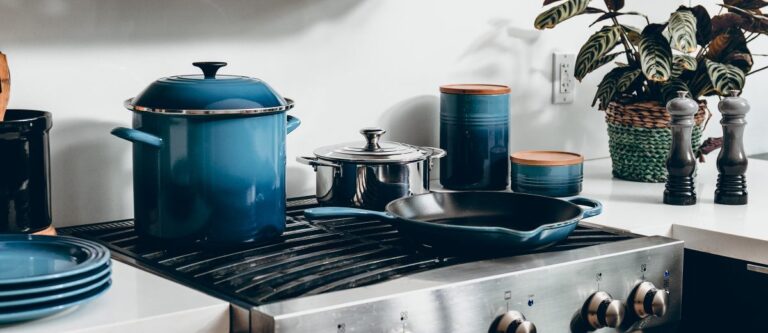What Are the Benefits of Engineered Hardwood?
Engineered wood is a type of flooring that combines solid hardwood with layers of plywood. Each layer is positioned differently to create stability and prevent warping or bowing. This makes engineered wood a safer choice for areas with a high degree of moisture or temperature change, such as kitchens, bathrooms, and basements. The cross-layered construction of an engineered floor also makes it more dimensionally stable.
Less Expensive
The bottom line is that engineered hardwood flooring is usually less expensive than solid hardwood if you purchase from a quality manufacturer and install it properly. It typically costs $4 to $10 per square foot, much less than solid hardwood. Soen hardwood engineered hardwood can also be easier to install than solid hardwood. It can be glued down, nailed down, or floated, which makes it easier to complete the installation quickly. Another advantage of engineered wood is its better moisture resistance. It doesn’t swell or warp as easily as solid hardwood, which makes it a better choice for bathrooms, basements, and other areas where moisture can be a concern.
Less Warping
Engineered hardwood is an excellent choice for basements, garages, and other home areas where solid floors could be better. It is less affected by humidity and moisture than different types of hardwood flooring so it will last longer. Another advantage of engineered wood is that it is more resistant to warping and buckling than solid hardwood. It comprises many different layers positioned in a specific direction and is more stable in damp conditions than a single plank. This makes it an excellent option for basements, sunrooms, and other areas where humidity and moisture are a concern. It can also stand up to water damage better than different types of flooring, which is essential when choosing a floor for a bathroom or kitchen.
More Durable
Engineered hardwood floors comprise several layers of wood that are bonded together. They’re a little more durable than other types of hardwoods, like solid hardwood. The layered construction of engineered hardwood makes it more stable in various climates, which means it’s not as prone to movement in damp rooms as solid hardwood is. It also protects against humidity migrating through concrete slabs, which can cause solid hardwood to swell and warp. Because of these benefits, engineered wood is an excellent choice for living rooms, bedrooms, offices, hallways, staircases, and kitchens in any part of the home. It’s also suitable for below-grade areas, like finished basements and attics.
Easy to Install
Engineered wood floors are an excellent option for anyone who wants the look of hardwood flooring without all the hassle. These floors are easy to install and available in several different styles. Engineered hardwood can be installed over various surface materials, including vinyl, concrete, and tile. Regardless of the installation method you choose, it’s essential to properly prepare your subfloor before starting the job. In addition to ensuring your subfloor is clean and dry, engineered hardwood requires proper acclimation to expand and contract properly. Typically, this means leaving the floor in the room for at least 24 hours to adjust to the new environment.
Environmentally Friendly
Engineered hardwood is a more environmentally friendly flooring option than solid hardwood. It saves trees and helps prevent deforestation. Wood is a renewable resource that sequesters carbon dioxide during its lifecycle, and manufacturing it releases less greenhouse gas than producing steel or concrete. It also avoids the combustible waste associated with other building materials, making it a more sustainable material.






